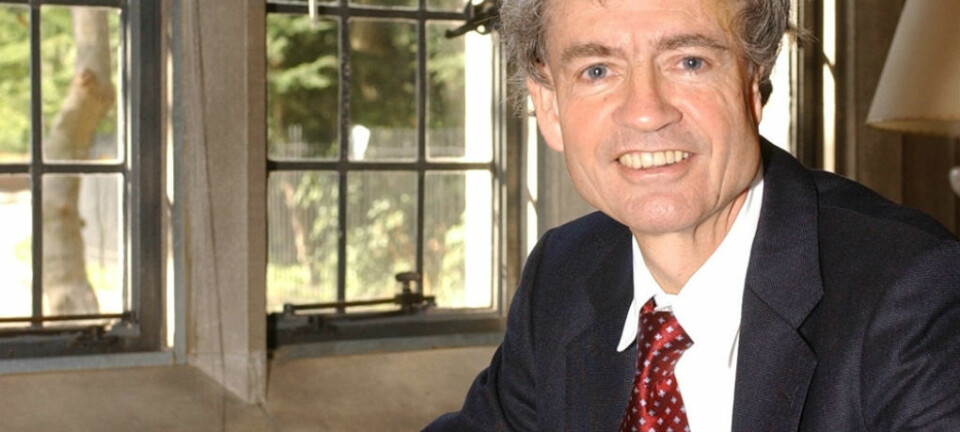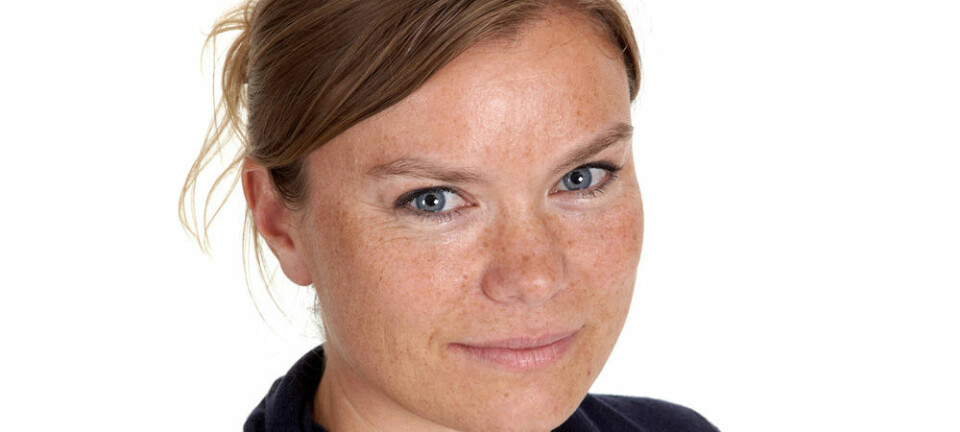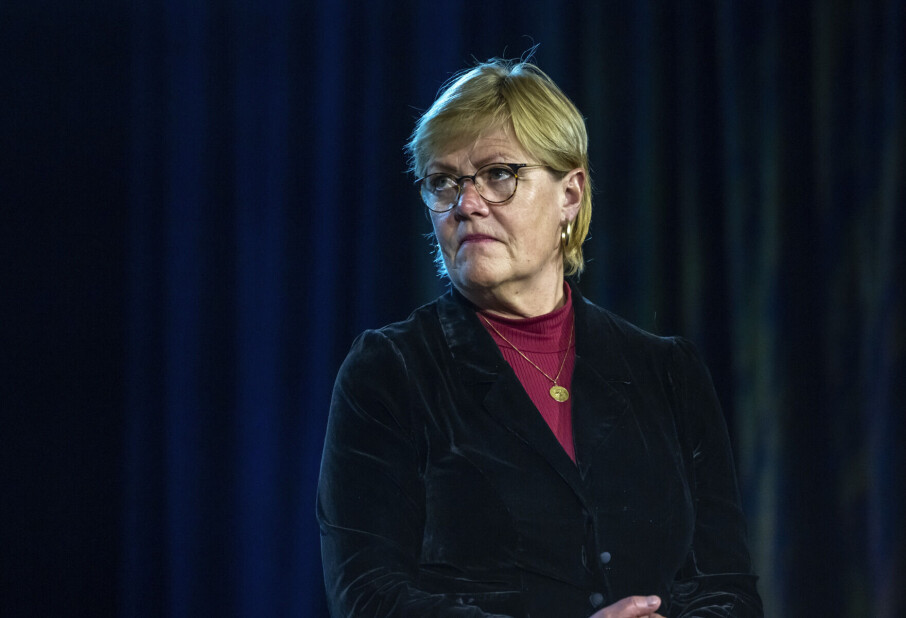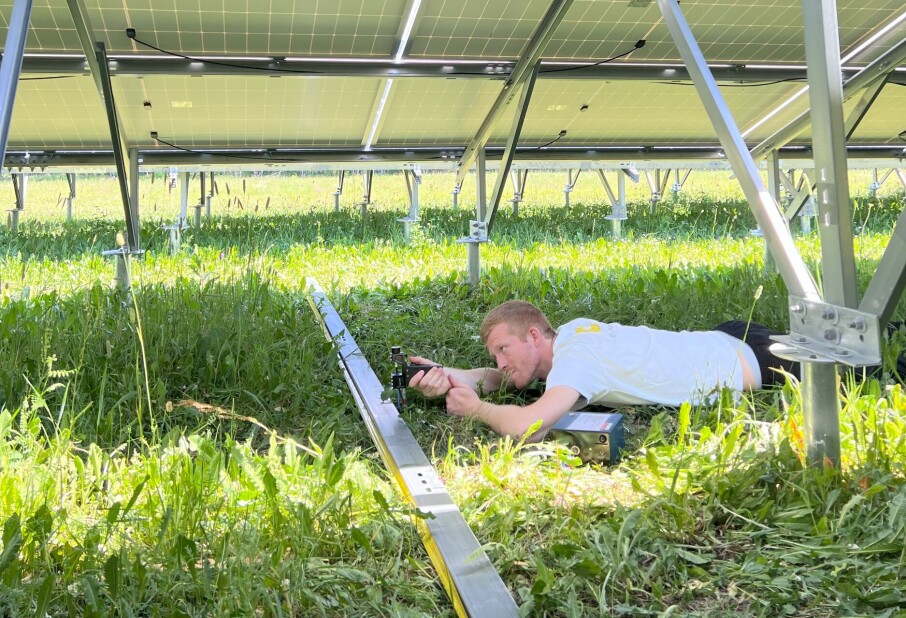
“Mathematics can be more exquisite than poetry”
“Because sometimes it yields totally unpredictable answers,” says Yakov Sinai. The Russian mathematician has been awarded this year’s Abel Prize – often referred to as the Nobel Prize for mathematics.
Denne artikkelen er over ti år gammel og kan inneholde utdatert informasjon.
“My research is partly about the development of dynamic processes,” he says.
“Such processes can be instable. This means that small changes in initial conditions can have large impacts as time progresses,” he continues.
Clearer image of chaos
The butterfly effect is a much-used image of such instability. It describes how the flutter of a butterfly wing can lead to a hurricane weeks later.
Other examples of such instable and dynamic systems are ocean currents, the motion of planets and the spread of animal and plant species.
Sinai’s mathematical ideas have provided more clarity in how such instability plays out.
“At least I hope so,” laughs Sinai.
Mathematics for physics and daily life
Like many other mathematicians he is not especially eager to speculate freely about what his theories can mean for our relationship to unpredictability. But Sinai is emphatic in his opinion that mathematicians should make themselves useful to physicists.
“Personally, I try to use problems in physics as the point of departure for my mathematical research,” he says.
Sinai is not adversely disposed toward pitting his mathematical methods against the problems of daily life. But I understand this does not always pan out.
“My wife always thinks more smartly than I do,” he says.
Beautiful and unpredictable
Sinai gets serious again when I ask whether math can be beautiful, like a poem.
“Sometimes even more stunning. When I pose a problem I can wind up with answers that I couldn’t predict ahead of time,” asserts Sinai.
“In a sense I learn from the way the mathematical models speak to me,” says Sinai. “They have their own dynamics,” he continues.
Needing time and manpower more than money
What does the $1 million prize from the Norwegian Academy of Sciences and Letters mean to Yakov Sinai, in his professional and academic role?
“The prize is a huge inspiration,” he replies. But as welcome as the money might be, Sinai doesn’t think it will have much of an impact on his professional work.
“My research demands time, not money. Just a lot of time, lots of discussions and people,” he says.
------------
Read the Norwegian version of this article at forskning.no
Translated by: Glenn Ostling

































